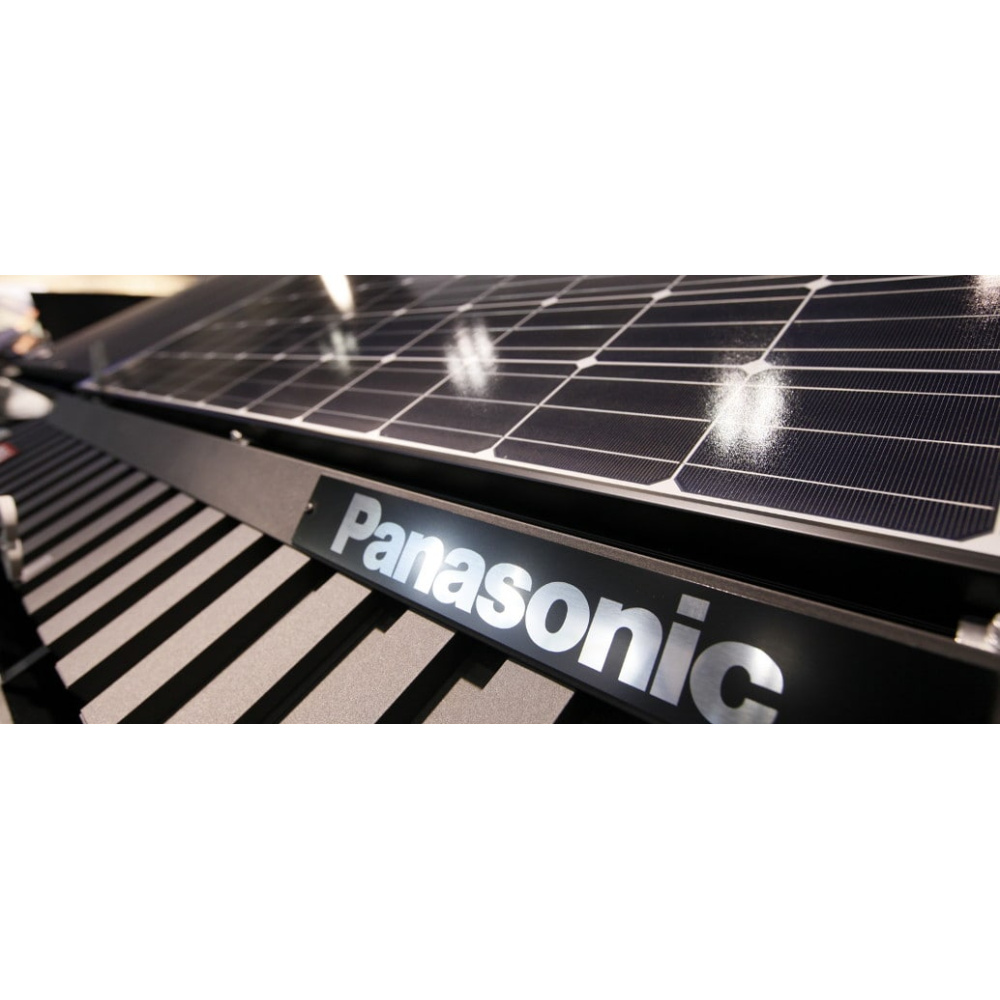Panasonic exits solar and battery storage

Panasonic told its North American installation partners in an April 28 letter that it will discontinue its solar and battery storage business. The letter, signed by Naoki Kamo, president of Panasonic Eco Systems North America, was shared in full by an installer on Reddit and partially published on the company’s website.
“This was a strategic decision – not a reflection of the technology’s performance or the commitment of our partners like you,” the letter said. “While we continue to believe in the potential of solar and energy storage, it is no longer the right business fit for us at this time.
Panasonic pledged to honor all warranties, including those for systems not fully installed, and committed to supporting customers with clear guidance on third-party warranty coverage. Support will continue via the company’s website and a dedicated email channel.
While exiting the residential solar and storage market, Panasonic continues to invest in battery cell manufacturing for electric vehicles. Its $4 billion battery facility in Kansas, announced in 2022, is scheduled for completion in the first half of 2025. The company also remains active in other clean energy technologies, including heat pumps.
This announcement marks the end of Panasonic’s role in the solar industry, a position it cemented after acquiring Sanyo in 2009. Sanyo, a pioneer in heterojunction solar cell technology, was fully integrated into Panasonic by 2011. Its HIT (heterojunction with intrinsic thin-layer) modules – launched in 1997 – were the world’s first commercially available heterojunction (HJT) solar panels. According to the company, the “solar cells used are a hybrid with a unique structure comprised of a thin mono-crystalline silicon wafer surrounded by ultra-thin amorphous silicon layers,” a design praised for its strong performance in high temperatures and real-world conditions.
Following the rebranding of Sanyo’s HIT modules under the Panasonic name, the company remained a prominent player in residential solar, eventually expanding its product line to include Evervolt battery systems and all-black HJT modules with conversion efficiencies of more than 22%.
Despite its strong technology, Panasonic gradually shifted from in-house manufacturing to OEM partnerships as cost competition, particularly from Chinese suppliers, squeezed margins and reshaped the global solar market.
In 2021, the company officially exited the solar panel manufacturing business. One final release under the Panasonic brand followed, even after it had sold its solar module IP. To this day, Panasonic’s legacy modules remain among the top sellers in the U.S. residential market.